By Sarhind Times Bureau | New Delhi | October 15, 2025
Introduction: Political Heat Rises in the Capital
The streets of Najafgarh turned politically charged on Tuesday morning as Delhi Congress president Devender Yadav and over 55 party workers were detained during a protest march against alleged “vote theft”. The march, which aimed to reach Jawahar Chowk, was halted by police citing prohibitory orders under Section 144, sparking fresh debate on the boundaries of political dissent and public assembly in the national capital.
The episode, though brief, reflects an increasingly confrontational political atmosphere in Delhi, as all major parties—Congress, BJP, and AAP—gear up for the 2025 civic and assembly poll cycles.
The Protest and Police Action
According to Delhi Police officials, the protestors had not obtained prior permission for the march. As the crowd swelled near Najafgarh’s main market area, police formed a human barricade, preventing the procession from moving toward central points of the city.
Footage shared on social media by Congress workers shows Devender Yadav, flanked by local leaders and supporters, raising slogans of “Loktantra Bachao” (Save Democracy) and “Vote Chori Band Karo” (Stop Vote Theft), as uniformed personnel detained them.
A senior police officer confirmed:
“Around 55 individuals, including the Delhi Congress president, were detained for violating Section 144 orders. They were taken to the nearby police station and released after completing due formalities.”
The police justified their response, stating that unregulated gatherings could disrupt traffic and public order, particularly in congested areas like Najafgarh.
Congress Terms Action ‘Undemocratic’
Shortly after his release, Devender Yadav addressed the media, calling the detentions “an attack on democracy.”
“The Congress is fighting to protect people’s right to vote. The suppression of peaceful protest reflects the government’s fear. We will not be silenced,” he said.
The Delhi Congress, in its official statement, alleged that irregularities in voter lists and administrative manipulation were undermining electoral integrity in the capital. Party workers claimed they were marching to submit a memorandum to the district administration when they were stopped.
The protest, though localised, drew support from several senior leaders online, with calls for a “transparent and fair electoral system.”
The Allegation: What ‘Vote Theft’ Means
The phrase “vote theft” has become a political rallying cry in recent months. Congress alleges that mass deletions and fake additions in the electoral rolls are disenfranchising genuine voters, particularly from lower-income and minority segments.
According to internal party sources, complaints have been filed across several assembly constituencies in Delhi, seeking an audit of the voter verification process conducted by the Election Commission.
Political analyst Dr. Saurabh Tandon, speaking to Sarhind Times, explained:
“This isn’t merely a local protest—it’s a signal. With elections on the horizon, all parties are shaping narratives around fairness and transparency. The Congress is trying to reclaim moral ground as the party defending democratic values.”
Ground Reality in Najafgarh
Najafgarh, known for its vibrant local politics and active youth mobilisation, witnessed significant police deployment. Despite warnings, protestors assembled at 8:30 AM, carrying banners and chanting slogans.
Eyewitnesses reported moments of mild scuffling as police attempted to block the procession. Local shopkeepers briefly pulled down shutters as the crowd intensified, though no incidents of violence were reported.
“We were only marching peacefully. We wanted to raise our voice. But within minutes, the police vans surrounded us,” said Ravi Dabas, a local Congress worker who was detained and later released.
The incident underscores the rising friction between law enforcement and political mobilisation, a recurring theme in Delhi’s electoral landscape.
Political Reactions: A Triangle of Accusations
The event quickly triggered reactions across the political spectrum.
- BJP leaders dismissed the protest as “political theatre,” accusing the Congress of “manufacturing relevance.”
- AAP representatives, meanwhile, adopted a cautious stance, calling for “restraint from all sides” and highlighting the need to maintain peace.
A BJP spokesperson remarked:
“The Congress has been rejected by Delhi voters repeatedly. Now they resort to street drama to regain attention.”
Congress, in response, announced plans for a city-wide agitation under the slogan ‘Janmat Bachao Abhiyan’ (Save the Mandate Campaign), vowing to “take the fight to every district.”
Police Stand Firm on Law and Order
Delhi Police officials reiterated that while peaceful protests are permitted, organisers must follow due process and secure prior permission.
“We are not against any group expressing dissent, but maintaining public order is our top priority,” an officer from the Southwest District said.
He added that detentions were temporary preventive measures, not arrests, and that no cases were registered.
However, civil rights groups criticised what they see as an increasing trend of preventive detentions, arguing that it blurs the line between maintaining order and stifling dissent.
Protest Politics in Context
Political demonstrations have long been a cornerstone of India’s democratic expression, but their management in urban spaces has become increasingly complex.
Delhi, with its dense population, security zones, and administrative restrictions, often becomes a flashpoint for such confrontations.
The Jantar Mantar area, once a hub for protests, now requires permissions and limited gathering sizes, pushing smaller groups to fringe localities like Najafgarh, Dwarka, and Rohini.
Sociologist Dr. Meenakshi Bhattacharya noted:
“Street politics is evolving. In the digital era, a few hundred protestors and a viral video can have more impact than a large rally. But the state’s response remains heavy-handed.”
Broader Implications: Mobilisation and Messaging
The Najafgarh detentions may appear routine, but political observers see them as part of a larger pre-election mobilisation strategy.
Congress, after years of electoral decline in Delhi, is attempting to reconnect with the grassroots through small, issue-based protests rather than large rallies.
The theme of “vote theft” directly appeals to voter sentiment around trust in democracy, a sensitive issue that cuts across party lines.
If sustained, such actions could help the party reclaim narrative space between the ruling AAP in Delhi and BJP at the Centre.
What Lies Ahead
Party insiders told Sarhind Times that more district-level protests are being planned in the coming weeks, focusing on electoral reforms and alleged irregularities in urban local body data.
Meanwhile, Delhi Police have tightened surveillance and coordination with local administrative units to prevent unpermitted marches in sensitive areas.
The coming months could witness a season of street activism, as each party tests public patience and state response before the official campaign season begins.
Conclusion: Democracy and Dissent
The detainment of Devender Yadav and his party members may have lasted only hours, but its symbolism runs deeper.
It underscores a familiar dilemma in India’s democracy — the tug-of-war between protest and order, between voice and regulation.
As Delhi edges closer to the electoral season, the streets may once again become the stage where competing visions of democracy are played out — loudly, passionately, and under the watchful eyes of both citizens and state.
#DelhiPolitics #Congress #DevenderYadav #Protest #VoteIntegrity #Democracy #LawAndOrder #Najafgarh #DelhiPolice #PoliticalProtest #CivicPolls #SarhindTimes






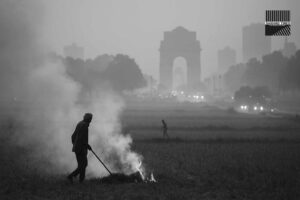
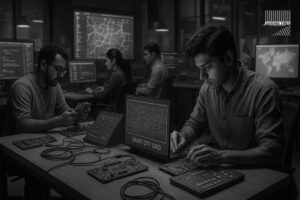



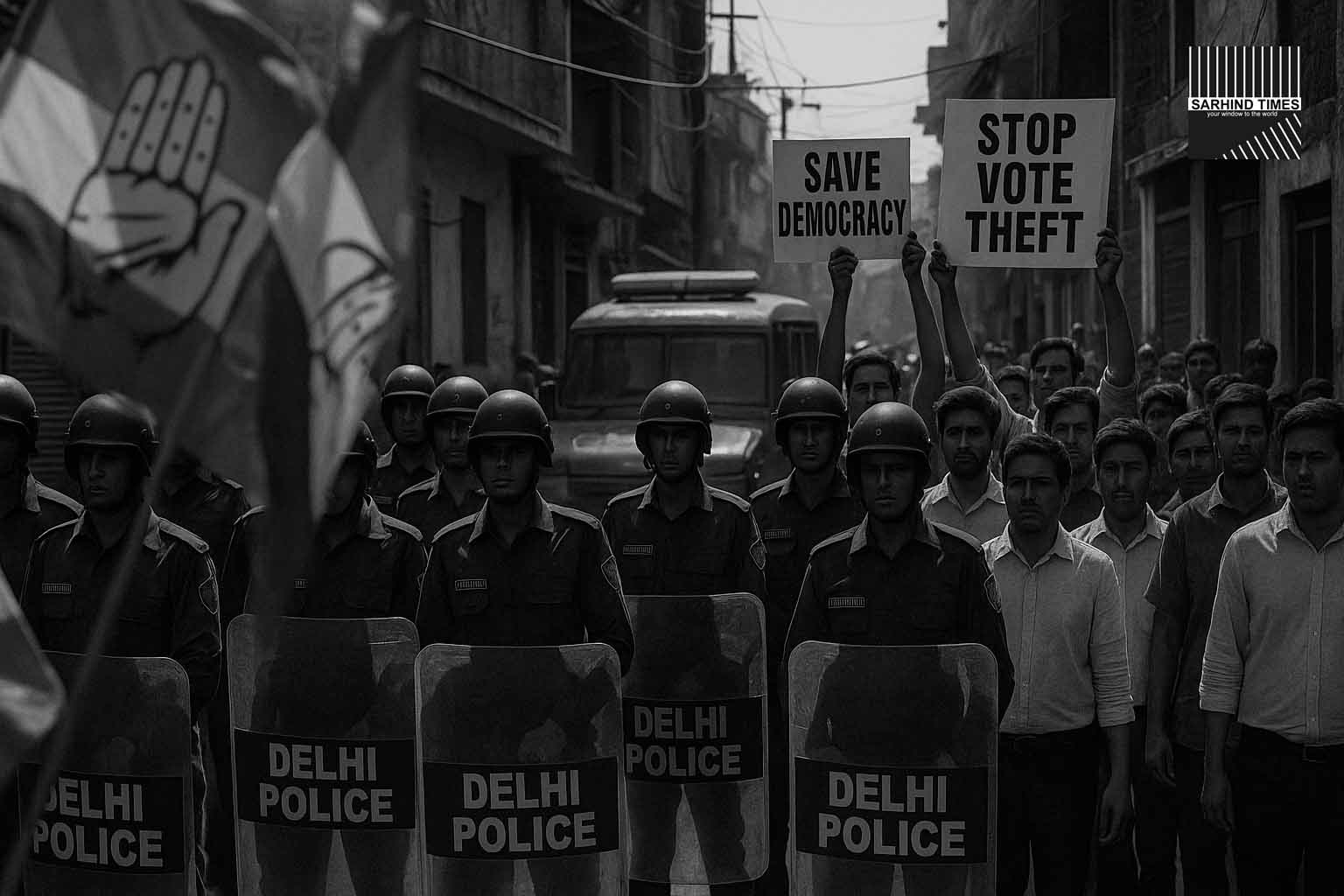
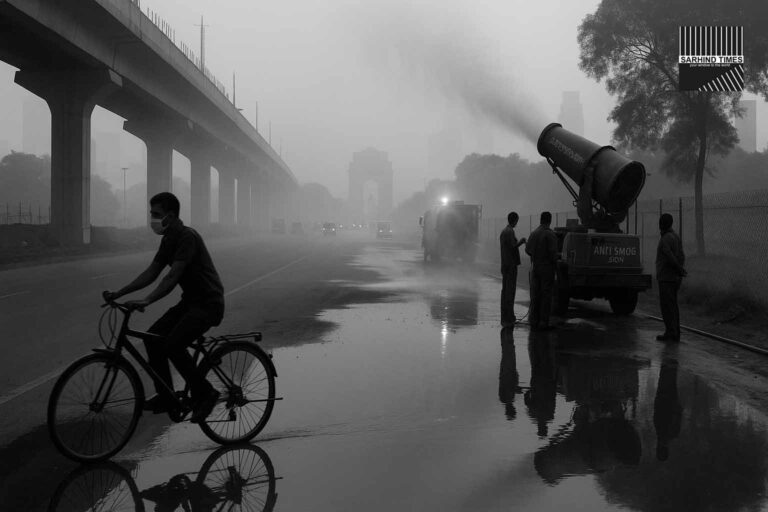

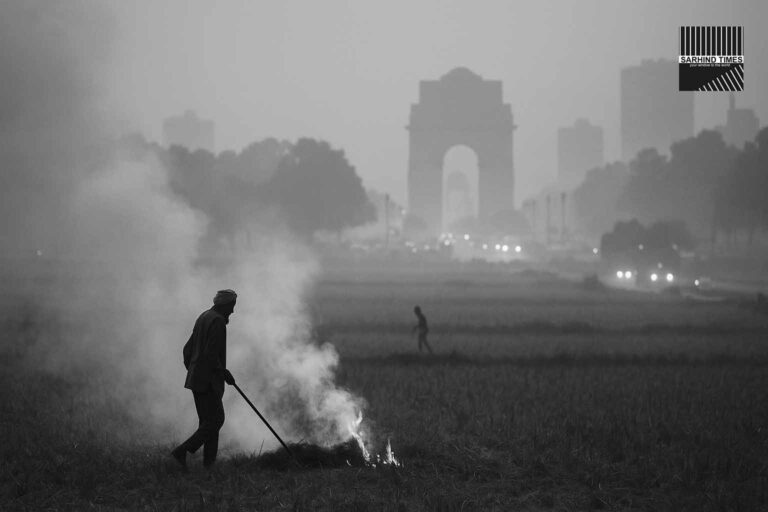


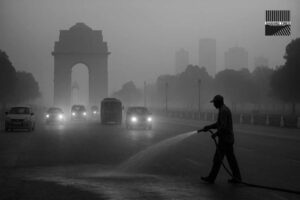



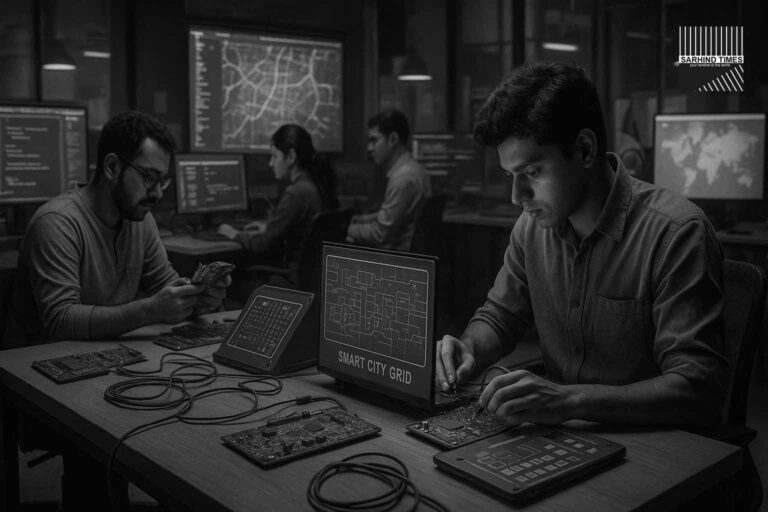
+ There are no comments
Add yours